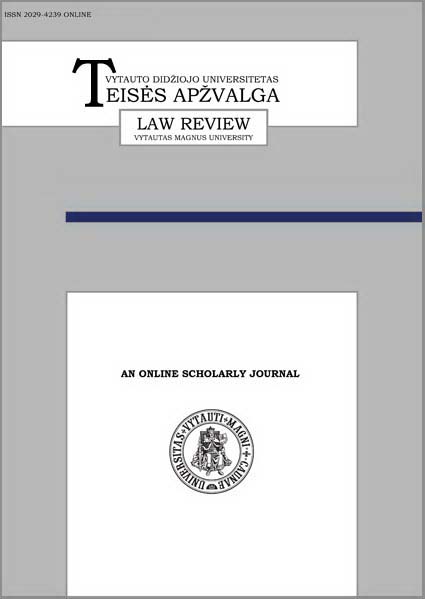Whether Using Legal Currency to Purchase Randomized Virtual Goods is Considered Gambling?
Whether Using Legal Currency to Purchase Randomized Virtual Goods is Considered Gambling?
Author(s): Karolis KubilevičiusSubject(s): Law, Constitution, Jurisprudence, ICT Information and Communications Technologies
Published by: Vytauto Didžiojo Universitetas
Keywords: Gambling; online gambling; virtual goods;
Summary/Abstract: With the age of technology, new ways to gamble have become possible. Enterprises offering services through virtual platforms have started selling virtual goods to persons of any age. By adding an element of chance and making the virtual good randomized, the user who is spending legal currency to purchase it does not know what he is going to get. Naturally, once a person does not receive his desired virtual good, he is more likely to purchase another virtual good and thus in the process risk getting addicted and suffering side effects of compulsive gambling. Consequently, in the first paragraph, the author analysed definition and legal regulation of a virtual good in the context of gambling. It was established that a virtual good is an intangible object, which only exists in a digital form and can be purchased with legal currency, but can only be used in an online system or any other similar platform by a single person at the same time. Furthermore, the author found that countries are reluctant to regulate the sale of randomized virtual goods with an exception to a few selected countries. Secondly, the author analysed the definition of gambling and its negative effects on a person. The author found that gambling consists of three elements: an element of chance; an element of prize and an element of consideration. If one element is removed, the activity can no longer be treated as gambling. Moreover, after conducting an overview of related research, it was established that addiction to gambling can cause biological, psychiatric and social consequences to a person. Finally, in the last paragraph the author analysed the online gambling regulations in the European Union. The author found that online gambling regulations scope and reach varies from country to country, with each country having different limitations on gambling.
Journal: Teisės apžvalga
- Issue Year: 2019
- Issue No: 2 (20)
- Page Range: 152-175
- Page Count: 24
- Language: English

